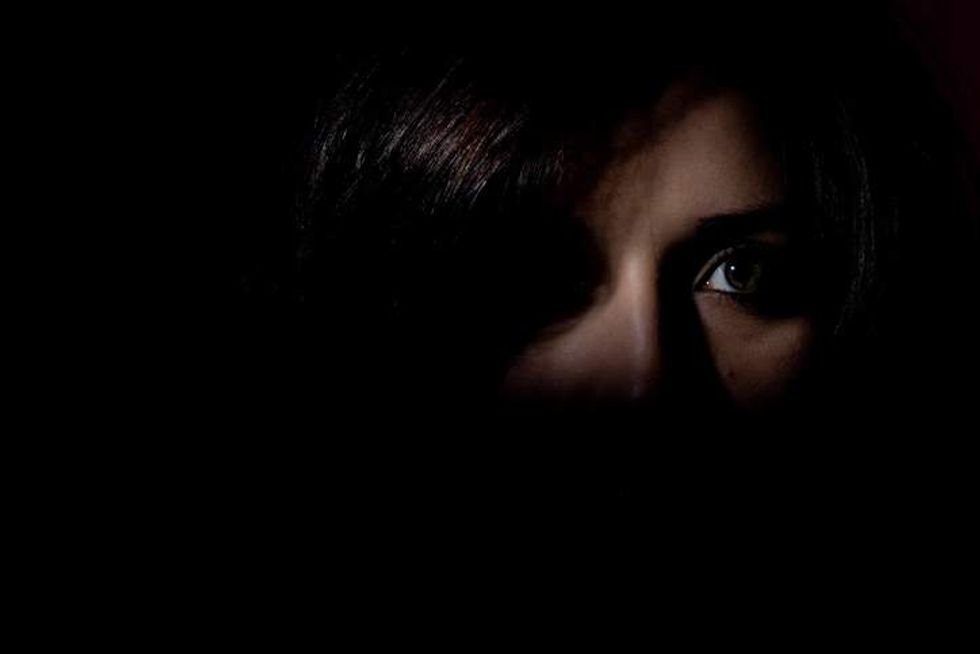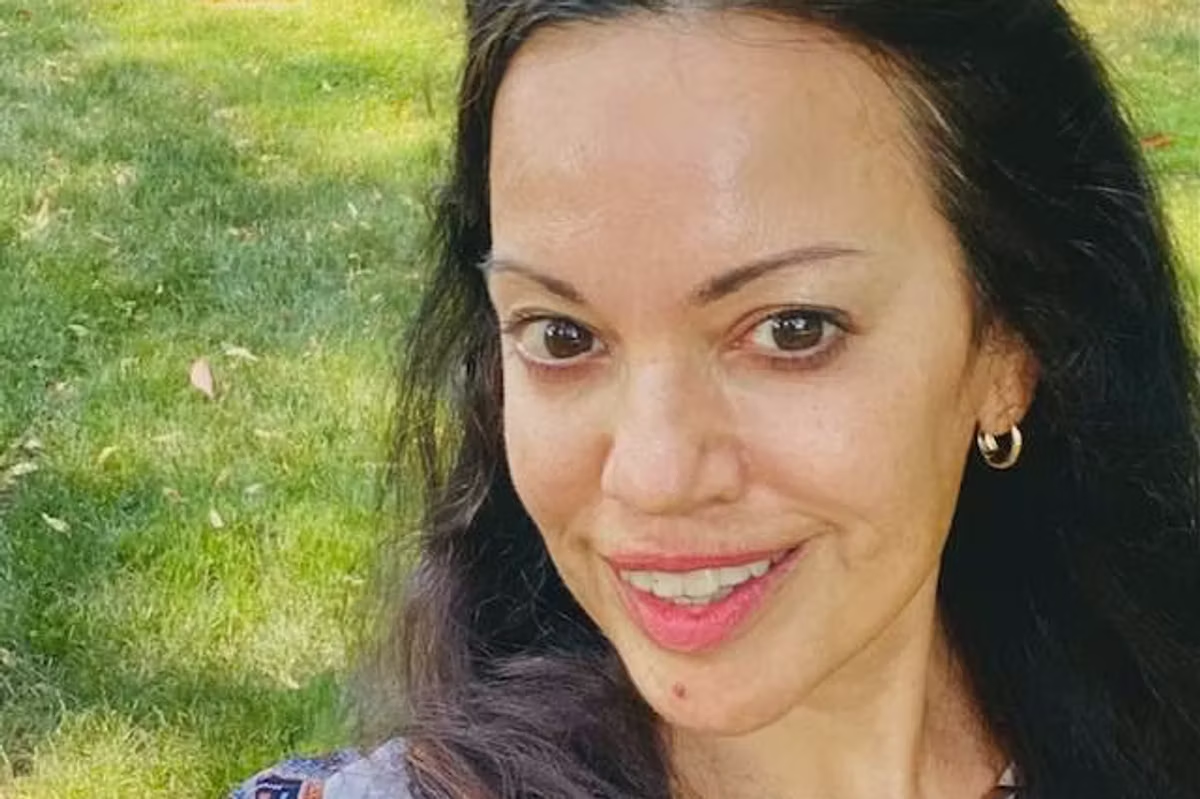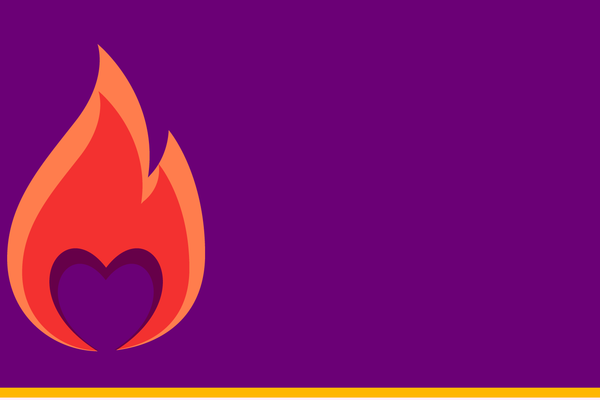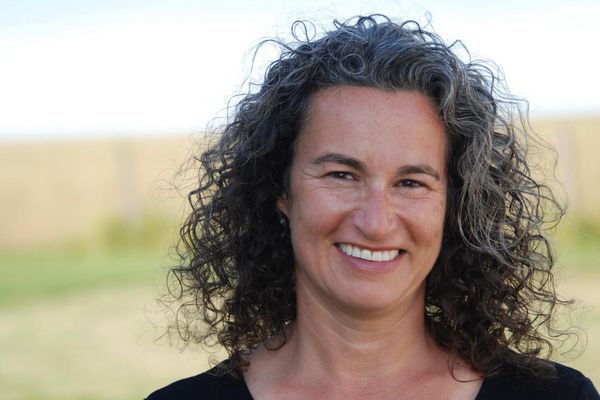October is Menopause Awareness Month.
When I was in my late 40s, my OB-GYN told me, almost casually, that I was in menopause. I was shocked. I didn’t think menopause was something I’d have to worry about for years. At first, I was told it might be early menopause, but later I learned it was technically within the “normal” range, just on the earlier side. Still, it felt far too early for me. I wasn’t ready, and I didn’t know anyone else who was going through it yet. There was no clear cause, no dramatic symptoms that brought me in — just routine tests and shifting hormone levels.
To understand what this means, it helps to know the medical distinctions. “Premature menopause is menopause prior to age 40,” explained Alyssa Dweck, M.S., M.D., FACOG, MSCP, chief medical officer of Bonafide Health and a The Menopause Society-certified practitioner. “Early menopause is menopause prior to age 45, occurring in about 8% to 10% of women. Most go through menopause between 45 and 55, but some as late as 60.”
I didn’t expect a strong emotional reaction, and I wasn’t prepared for how it would affect me. As an adoptee, I’ve never made having biological children a priority. And I spent most of my adult life pursuing a creative career filled with travel and projects I loved. But still, the diagnosis stuck to me like a bad cold that wouldn’t go away. I walked out of that office feeling ashamed and broken, like I’d been quietly pushed into a new stage of life before I was ready.
The emotional weight of an unexpected diagnosis
I consider myself a feminist, someone past outdated ideas about what makes a woman valuable. So, I didn’t think menopause would shake me. And yet, it did. I wondered if I’d done something wrong to bring this on so early. I took good care of myself, exercised, ate well, kept up with checkups, yet I felt marked, like my body had betrayed me.
Having been adopted, I never had a clear picture of what to expect from my body. When menopause arrived, it felt like a loss, not just of fertility, but of continuity. Another reminder that I didn’t have roots or a biological lineage to compare myself to.
“A woman’s mother’s menopause experience is a good predictor of her own,” said Lauren Tetenbaum, LCSW, JD, PMH-C, psychotherapist and author of Millennial Menopause: Preparing for Perimenopause, Menopause, and Life's Next Period. “Not having access to a biological family for information on genetics can feel like a loss or missed opportunity.”
Even among women without the added mystery of adoption, Tetenbaum sees a lot of overwhelm, confusion and loneliness. “Women are often undereducated about menopause. When it happens earlier than expected, they may not know where to turn or who to talk to.”Why I kept my menopause secret

iStock.com/ianmcdonnell
Part of me took pride in looking younger than my age. I didn’t want to be seen as “old,” and I was ashamed of what this diagnosis represented. So, when I went into menopause, I told no one, not even friends or family. I wasn’t experiencing the classic hot flashes or weight gain, so I just stayed quiet. At medical appointments, I would write “N/A” for my last period and move on.
“Our culture values youth as a marker of women’s worth,” Tetenbaum hit the nail on the head. “Women experiencing the menopause transition are often navigating a loss of identity and a fear of growing old, and these feelings are exacerbated if menopause happens earlier than expected.”
The cost of silence
By keeping my menopause transition a secret, I thought I was protecting myself from being viewed in a way I wasn’t comfortable with. But that secrecy kept me from seeking care. For months, I didn’t ask any follow-up questions. I didn’t schedule tests. I acted like it wasn’t happening. But menopause affects many systems such as the heart, bones and brain — not just reproductive. And that meant that, even without symptoms like hot flashes, I was still at risk for conditions like bone loss, osteoporosis, heart disease, metabolic syndrome, mood disorders, and possibly dementia.
The cost of stigma goes beyond my personal situation. It runs deep culturally in the U.S. Tetenbaum noted, “Because of stigma, women aren’t getting the information they need, we aren’t funding enough research, and we feel isolated instead of supported.”
But we’re seeing a cultural shift lately with more high profile women openly talking about menopause. As conversations about menopause become less taboo, women are starting to talk more openly about this normal stage of life. And access to care is improving, thanks to this increased conversation and relatively new telehealth options.
Taking steps toward health
I was beginning to notice systemic changes in my body. I wanted to feel more in control of my health and not be paralyzed by fear of the unknown. I also wanted to feel better emotionally, so eventually I started taking small steps. I scheduled a DEXA scan to measure my bone density and got my cholesterol checked, which both came back normal. Even with that reassurance, I chose to make preventive changes and focused on improving my diet.
I also took a closer look at a symptom I had brushed off for years: increased anxiety and irritability. I had blamed it on stress, but now I wondered if it was hormonal. In time, I realized that it was. Those shifts were part of the hormonal changes of menopause. Acknowledging that helped me build routines to manage them. I committed to my workout regimen and added more structure to my days, which made me feel more grounded.
“So many women do not feel like themselves during peri/menopause,’” Tetenbaum said. “When we are able to recognize what’s going on with us (i.e., hormonal fluctuations), we are better able to get the treatment and support we deserve.”
Given my symptoms, my doctor suggested that hormone therapy (HT) might help ease the transition.
“Hormone therapy in the right individual, at the right time and in the right dose and formulation, can manage symptoms and provide risk reduction for cardiovascular disease, bone loss and cognition,” Dweck said.
Despite a flawed study in 2002 by the Women’s Health Initiative that incorrectly linked HT to increased breast cancer risk, the latest guidance shows that HT is safe for most women, especially when it’s started early enough, so I agreed to bring hormones on board. I began to feel less anger and less rage. I was no longer on an emotional rollercoaster and my life stopped feeling like it was spinning out of control. I started to feel like my old self again.Breaking the silence
It’s taken time, but I’ve come to see menopause not as a failure or something to hide, but as a new chapter. I started opening up to friends. And when I did, I discovered that some of them were also going through menopause just as quietly. Opening up the conversation normalized my experience and helped me feel more comfortable with my new status as a postmenopausal woman.
“We should change the way we talk about menopause in schools, with our children, in medical training programs, in politics, and in the media so that it gets normalized,” Tetenbaum said. “When we talk about this very normal phase of health and development, we all benefit.”
There’s no single right way to experience the menopause transition. But silence isn’t the answer. When we share, we realize we’re never alone.
- Surviving My Crazy Period During Perimenopause ›
- The Upside to Menopause ›
- Hormone Therapy Saved My Life After Doctors Dismissed My Perimenopause Symptoms ›
- Dealing With Early Menopause Madness at 41 ›
- Almost Half the World Will Go Through Menopause. Let’s Talk About It. ›
- Menopause Set Me on Fire, but I’m Staying Cool ›







